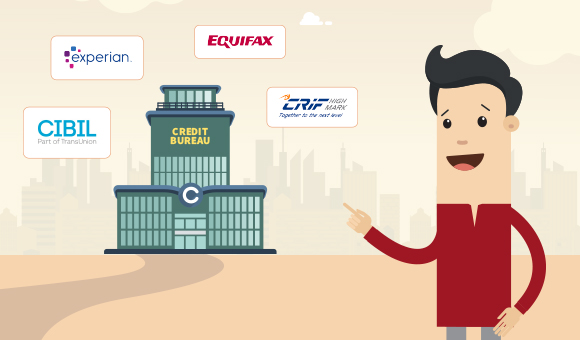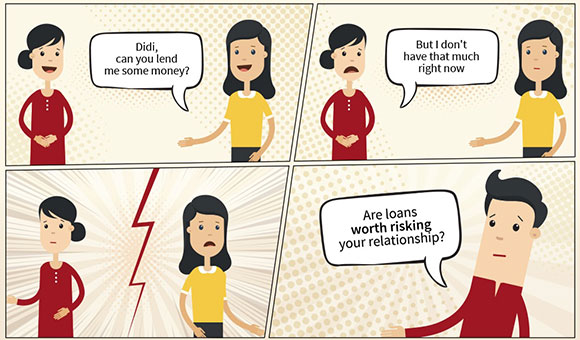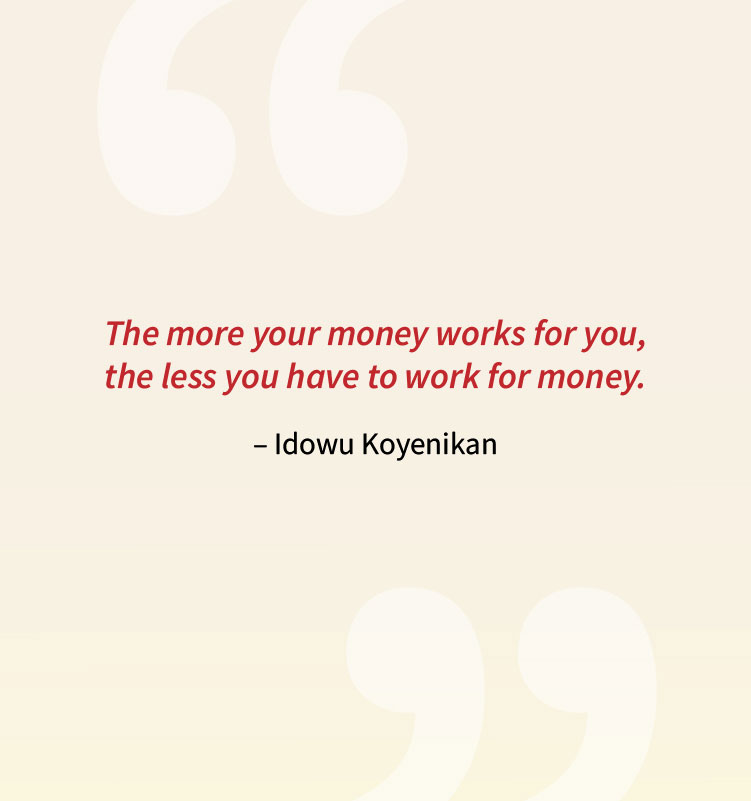How To Improve CIBIL Score In 30 Days?

Your CIBIL score is an important factor in finding out your creditworthiness and can affect your ability to obtain loans, credit cards, and other financial products. A low CIBIL score can lead to higher interest rates, which can be a burden on your finances.
If you're looking to improve your CIBIL score in just 30 days, you'll need to take a well-planned approach and implement a few strategies. In this blog post, we'll explore some of the most effective ways to improve your CIBIL score in a short amount of time.
What is a CIBIL Score?
Before we get into the details & strategies for improving your CIBIL score, it's important to understand what a CIBIL score is and how it's calculated.
CIBIL, short for Credit Information Bureau (India) Limited, is India's leading credit information company. It maintains credit reports on individuals and companies, which are used by banks, financial institutions, and other lenders to check creditworthiness.
Your CIBIL score is a three-digit number ranging from 300 to 900 and shows your creditworthiness. A high CIBIL score indicates that you're a responsible borrower who's likely to repay loans on time, while a low CIBIL score indicates that you're a high-risk borrower who may struggle to repay loans.
Factors That Affect Your CIBIL Score
Your CIBIL score is calculated based on several factors, including:
Credit history: Your credit history is the most important factor that affects your CIBIL score. It includes information about your credit accounts, including credit cards, loans, and other financial products.
Payment history: Your payment history reflects whether you've made payments on time, late, or missed payments altogether. Late payments can have a negative impact on your CIBIL score.
Credit utilization: Your credit utilization is the amount of credit you're using compared to your available credit. High credit utilization can negatively impact your CIBIL score.
Credit mix: A healthy credit mix includes a variety of credit accounts, including credit cards, loans, and other financial products.
Length of credit history: The length of your credit history is a factor in determining your CIBIL score. A longer credit history can help improve your score.
Now that you have a basic understanding of what a CIBIL score is and what factors affect it, let's get to know about some strategies for improving your CIBIL score in 30 days.
Review Your Credit Report
The first step in improving your CIBIL score is to review your credit report. Your credit report contains information about your credit history, including your payment history, credit utilization, and account balances.
Reviewing your credit report can help you identify any errors or factors that may negatively impact your score. If you find any errors on your credit report, you can dispute them with CIBIL to have them corrected.
Pay Your Bills on Time
One of the most important factors in determining your CIBIL score is your payment history. Late payments can have a significant negative impact on your score, so it's essential to pay your bills on time.
Set up automatic payments or reminders to help ensure that you never miss a payment. If you're struggling to make your payments, contact your creditors to see if they can work with you to create a payment plan that fits your budget.
Reduce Your Credit Utilization
Your credit utilization is the amount of credit you're using compared to your available credit. A high credit utilization can negatively impact your CIBIL score. Aim to keep your credit utilization below 30% to help improve your score.
Pay Off Your Credit Card Balances
If you have outstanding balances on your credit cards, paying them off can have a significant positive impact on your CIBIL score. Aim to pay off as much of your credit card balance as possible in the next 30 days. If you can't pay off the entire balance, at least pay the minimum amount due to avoid late fees and penalties.
Avoid Applying for New Credit
While it may be tempting to apply for new credit to improve your credit mix, it's best to avoid doing so in the short term. Every time you apply for new credit, it can have a negative impact on your CIBIL score, as it signals to lenders that you may be taking on too much debt. Avoid applying for new credit until you've improved your CIBIL score.
Use Your Credit Cards Wisely
If you have credit cards, use them wisely to improve your CIBIL score. Make small purchases and pay them off in full each month to show that you're a responsible borrower. Avoid using your credit cards for large purchases that you can't afford to pay off quickly.
Settle any Outstanding Dues
If you have any outstanding dues or collections, settle them as soon as possible. Unpaid dues or collections can have a very negative impact on your CIBIL score. Contact your creditors to see if you can settle the debts for a lower amount or create a payment plan that works for you.
Keep Your Personal Information Updated
Make sure that your personal information, such as your name, address, and contact information, is up to date with CIBIL. Keeping your personal information updated can help ensure that your credit report is accurate and can prevent errors from negatively impacting your score.
Conclusion
In conclusion, improving your CIBIL score in just 30 days is possible, but it requires a well-planned approach and some effort on your part. By using these methods, you can improve your creditworthiness and increase your chances of obtaining loans, credit cards, and other financial products at favorable terms.
Related Topics

- Credit history is your financial collateral
Credit bureaus and the role they play
Have you ever wondered what exactly a credit bureau does? This article will help you understand the role that credit bureaus play in an economy and the ways in which they can help you as a borrower.

- Credit history is your financial collateral
How smart is it to borrow from your friends and family!
Borrowing money from loved ones may seem convenient, but it can get complicated if you don’t treat them like any other loan. Here’s a list of things you must keep in mind while borrowing money from friends and family.

- Credit history is your financial collateral
Where to get your credit report, How to read it!
A lot of people find it difficult to understand their credit reports. This piece tell you how to read your credit report section by section and helps you understand which portions mean what, like the first portion contains personal details,the second portion reflects one;s employment details like income, the next portion has details about the loans acquired and their history, etc.

